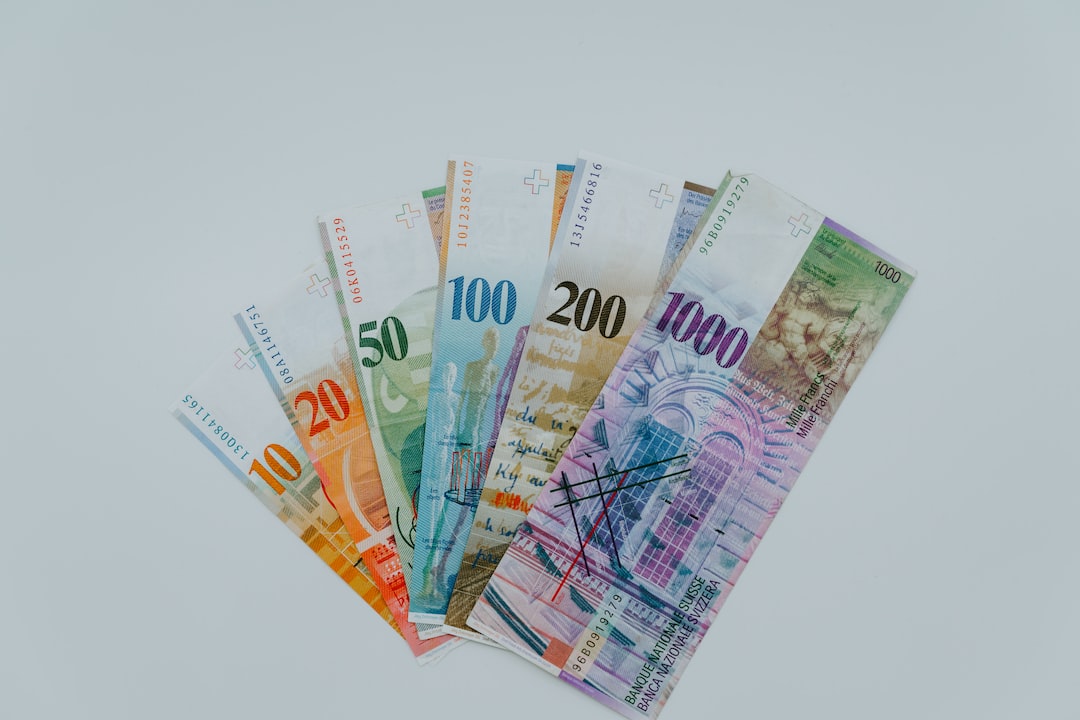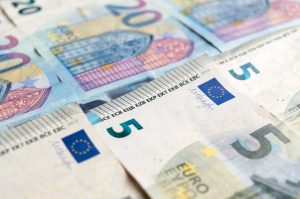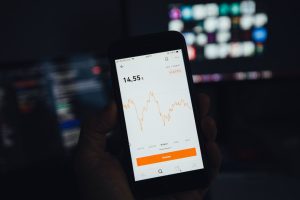Foreign exchange, commonly known as forex or FX, is a decentralized market where global currencies are traded. Forex trading involves buying and selling of currencies with the aim of making a profit from the changes in their exchange rates. The forex market is the largest financial market in the world with an average daily turnover of $5.3 trillion.
Forex trading is a crucial part of international trade and finance. It provides a platform for companies and individuals to conduct business across borders. For instance, a company that imports goods from a foreign country will need to pay for those goods in the currency of the exporting country. Forex trading enables the company to convert its local currency to the foreign currency and facilitate payment. Similarly, an individual who wants to travel to a foreign country will need to convert their local currency to the currency of the country they are visiting.
The forex market is open 24 hours a day, five days a week, allowing traders to trade at any time from anywhere in the world. The market is highly liquid, meaning that traders can enter and exit positions quickly and easily. This liquidity is due to the number of market participants, including banks, governments, corporations, and individual traders.
Forex trading is done through a broker who acts as an intermediary between the trader and the market. The broker provides the trader with a trading platform where they can access the market, place orders, and monitor their positions. The broker also provides leverage, which allows traders to control a larger position with a smaller amount of capital. However, leverage can also increase the risk of losses.
Forex trading involves analyzing various economic and political factors that affect the value of currencies. These factors include interest rates, inflation, economic growth, geopolitical events, and central bank policies. Traders use technical analysis and fundamental analysis to make trading decisions. Technical analysis involves analyzing charts and patterns to identify trends and potential price movements. Fundamental analysis involves analyzing economic data and news events to determine the underlying strength or weakness of a currency.
Forex trading is not without risks. The market is highly volatile, and prices can fluctuate rapidly in response to news events or market sentiment. Traders can lose money if they make incorrect predictions about the direction of currency prices. To manage risks, traders use risk management techniques such as stop-loss orders, which automatically close a position if the price moves against them.
In conclusion, forex trading plays a vital role in international trade and finance. It provides a platform for companies and individuals to conduct business across borders by converting one currency to another. Forex trading is done through a broker who provides traders with access to the market, leverage, and trading tools. The market is highly liquid and open 24 hours a day, five days a week. However, forex trading is not without risks, and traders must use risk management techniques to manage their exposure to market volatility.





